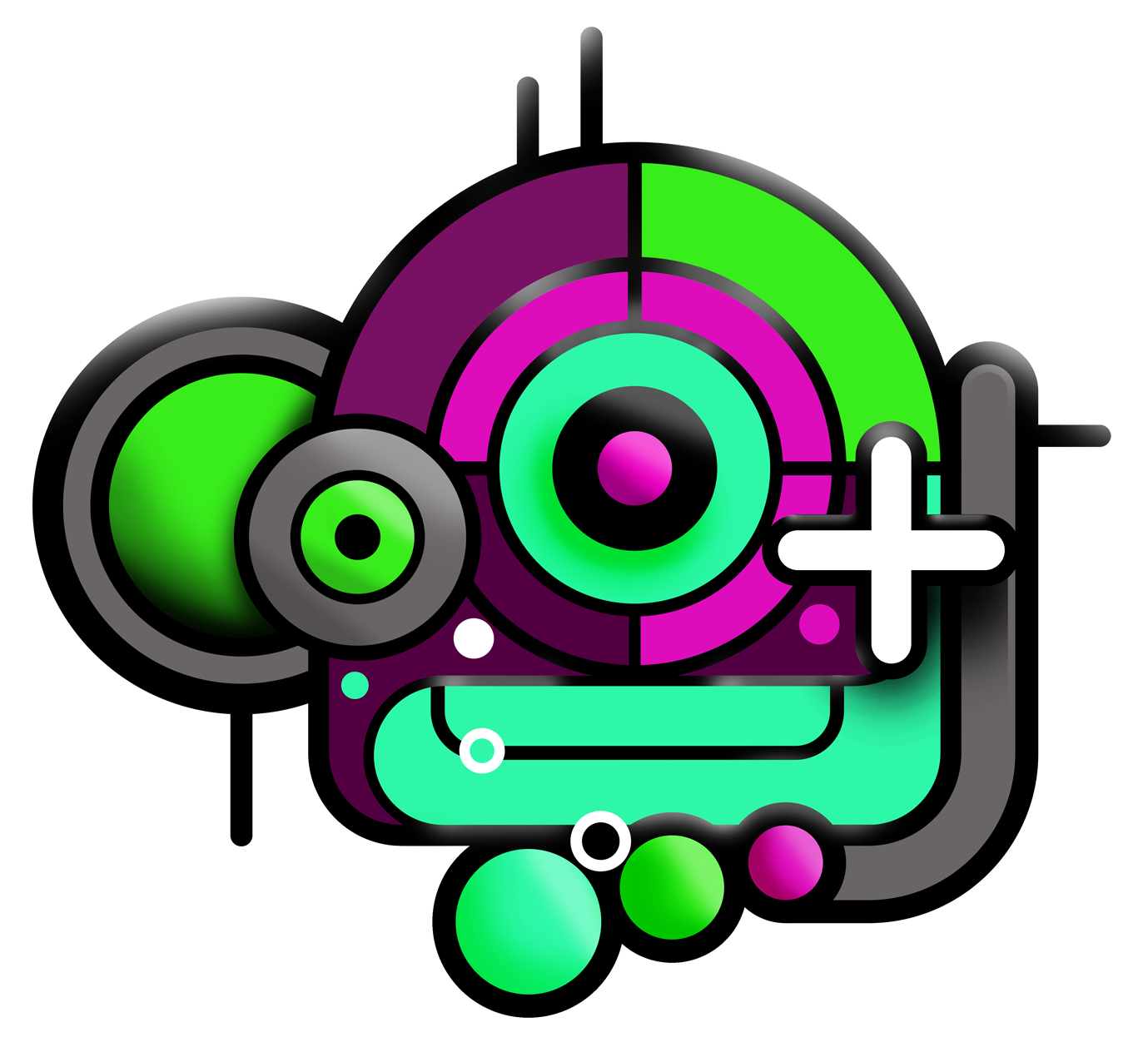In an era of automation, humanity,not hardware, is our true line of defence.
Scroll through a stock image library and type in the keyword “cybersecurity” and you’ll find a familiar image in corporate security – rows of servers, complex encryption protocols, biometric authentication systems. In this picture, safety is engineered. It is a matter of architecture and defence. But in the age of artificial intelligence, this picture is missing something essential. People.
The greatest vulnerability in any AI strategy is not the model itself. It is the humans behind it. Not because they lack technical skill, but because they are often under-prepared, over-automated and cut off from the ethical implications of the systems they are building or buying into.
In this new era, the first line of defence is not software. It is self-awareness. It is culture. It is character.
The Myth of the Technical Fix
Many organisations still treat AI as a function of IT. When something goes wrong—bias, data breaches, hallucinated content—the instinct is to patch the system, update the model, or add a layer of monitoring. But most AI failures are not engineering problems. They are human ones.
They happen when teams implement tools they do not understand, when leaders prioritise velocity over scrutiny, or when governance is seen as a bottleneck rather than a backbone. In these moments, what is missing is not code. It is clarity.
Redefining Literacy in the Age of AI
At Humaine, we work with leadership teams to expand their definition of literacy. It is no longer enough to know how a tool works. Leaders must understand what it affects, who it serves and how it might evolve over time.
This is what we call AI fluency—a blend of technological, behavioural and ethical understanding that equips leaders to make informed, reflective
Fluency means knowing when to adopt and when to pause. It means asking whether a tool aligns with the organisation’s values, whether it will erode trust or enhance it, and whether it supports the autonomy of the people it touches. Fluency is not about technical mastery. It is about leadership maturity.
Trust Is the New Perimeter
As artificial intelligence becomes more embedded in operations, marketing, recruitment and customer service, the points of potential failure multiply. But so do the points of possible transformation.
Organisations that embed trust at the centre of their AI strategy will not only reduce risk, they will also unlock performance. This is because trust is not just a defensive mechanism. It is an enabler. It allows for deeper collaboration, greater creativity and faster problem-solving—because people feel safe enough to raise concerns, share uncertainty and admit when they do not understand.
In this sense, a human firewall is not there to stop the flow of technology. It is there to ensure that what flows is coherent, intentional and safe.
Ethics Without Bureaucracy
One concern often raised in leadership circles is that building ethical guardrails around AI will slow progress. But the opposite is true. Ethics do not block innovation. They focus it.
When teams understand the boundaries, they can explore with greater confidence. When values are clearly articulated, decisions become faster, not slower. And when people feel ownership over the process, adoption becomes smoother.
The human firewall is not about compliance checklists. It is about embedding principles in practice. It is about turning values into decision-making habits.
Leading with Clarity in an Age of Acceleration
AI will continue to move quickly. That is inevitable. What is not inevitable is how we respond.
The most resilient organisations will not be the ones with the most advanced systems, but those with the most aligned people. They will be led by individuals who understand that the most powerful technology we possess is not artificial. It is human. And it must be cultivated, not assumed.
In the end, the question every leader must ask is not whether their AI is safe. It is whether their culture is strong enough to handle it. Because when complexity increases, trust becomes the infrastructure.
Need a marketing agency? One that harnesses the power of AI for efficiency and results? And, most importantly, one driven by people who care about other people, the planet, and society?
At Humaine, we blend AI with human expertise to deliver smarter, faster, and more impactful outcomes—because the future of business isn’t just about profit; it’s about purpose.
Extraordinary Together.







